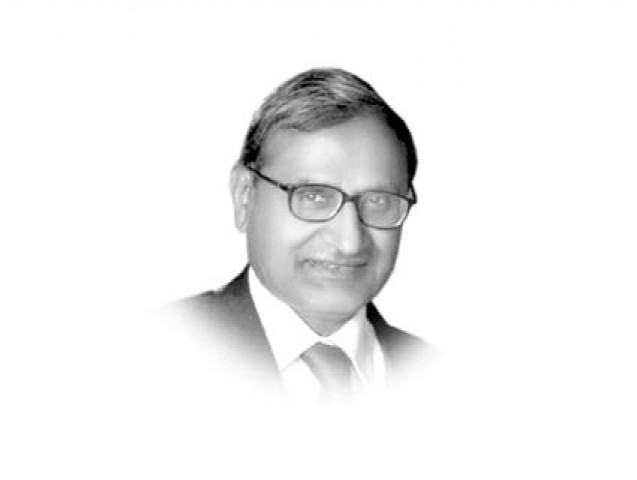Imranomics
The skipper says he has been building teams all through his career, but where is the economic team

When asked specific economic questions, the skipper either shies away or ends up repeating the stock-in-trade generalities. He is also known to have said that the government machinery has the people; but they have to be made to deliver through better leadership and governance. Another refrain has been that experts can be hired when the time comes. Now, this is what the parties that have ruled thus far have been doing. Without any prior preparation, they have to depend on the economic bureaucracy — which is a master at ignoring parliament — or on experts borrowed from the World Bank and the IMF who see the parliament only as a hurdle in the way of reform.
To be fair, a leader does not have to be an economist. But he must build a team that should work as if it were in government. The skipper says he has been building teams all through his career — the World Cup-winning team and the Shaukat Khanum team, to name the most prominent ones. True, but where is the economic team? In a country with tons of accumulated injustice per square mile, insaf is an idea whose time may have come, but where — in terms of Amartya Sen’s The Idea of Justice — is “the basis of practical reasoning” to “include ways of judging how to reduce injustice and advance justice, rather than aiming only at the characterisation of perfectly just societies”? Neither the inaccessible PTI’s Research Wing’s output nor its manifesto have built a programme anchored in the idea of justice.
A number of proposals about the judiciary and the National Finance Commission have already been implemented. There is silence on new provinces. The aborted Musharraf devolution is to be improved. Anti-corruption proposals seem inadequate in the light of recent experience. Labour reform says what it must: The role of the state is to be limited, but indiscriminate privatisation is not allowed. Slogans of education and health for all are there with standard prescriptions of spending five per cent of the GDP on education and doubling the existing spending on health.
The former is too much and distant, and the latter too little. Universal access to clean drinking water by setting up water filtration plants is already there as a failed project. At least eight per cent GDP growth is desired. No country has achieved such high growth rates by making agriculture the priority. Yet the manifesto allocates 65 per cent of the development budget for rural areas. Agricultural income tax is not mentioned though. Land reform refers to state land, not any ceiling. A debt management strategy similar to Musharraf’s is likely to meet the same fate. Reinventing the tax machinery is easier said than done. The energy policy is a non-starter — issues such as a consensus on new reservoirs, a commercially viable power tariff, electrification of 80 per cent of villages and conversion of public commercial vehicles to CNG all need to be sorted out. Finally, the need to ensure peace in the region and testing of ballistic missiles are mentioned in the same breath.
Come on skipper, you could do much better!
Published in The Express Tribune, April 22nd, 2011.














COMMENTS
Comments are moderated and generally will be posted if they are on-topic and not abusive.
For more information, please see our Comments FAQ